Home
>
Blog
>
>
What are the Best Practices for Medical Record Organization?
Well-organized medical records don’t just save time—they reveal the facts that win cases.
As an attorney, you understand the importance of having a well-organized case file. Managing a vast amount of medical records can be a troublesome task. However, effective medical record organization can greatly impact your case outcomes, saving you time and helping you build a stronger argument.
This article will show you the best way to organize medical records and how to streamline your workflow, enhance your case preparation, and improve case outcomes.
What is Medical Record Organization?
Medical record organization involves sorting, indexing, and summarizing medical records. These records include patient histories, test results, and treatment notes. Proper medical information organization ensures that all relevant information is easily accessible.
We will break down why it is important. Medical records organization allows you to quickly find the information you need. This can be especially important during depositions, trials, or settlement negotiations. It also helps in understanding the full scope of the plaintiff’s medical condition and treatment history.
Cut Case Preparation Time by 60%
Proper medical record organization reduces document search, review, and verification time by 55–60%, improving legal efficiency.
Challenges in Organizing Medical Records
Attorneys often face many challenges in organizing medical records. These hurdles can obstruct the efficiency and effectiveness of case preparation, leading to unsuccessful outcomes. Understanding the problems is the first step to getting the right solution.
Large Volumes of Records
Seeing large volumes of medical records may be frustrating. For instance, personal injury cases often involve extensive documentation from multiple medical professionals, spanning several years. Managing these large volumes of records requires a systematic approach to ensure that no critical information is missed.
Medical Jargon and Varying Formats
Medical records are frequently replete with obscure medical jargon and abbreviations that might be challenging to understand. In addition, records come in various formats, from handwritten notes to digital files, making it difficult to compile records into a coherent and understandable file.
Delays in Obtaining Records
Timeliness is crucial in legal cases, yet obtaining medical records can often be a slow process. Delays in receiving these documents can hinder your case progress, as crucial deadlines might be missed and opportunities for timely action could be lost.
Inconsistencies in Documentation
Medical records can sometimes be inconsistent, with variations in how different providers document patient information. These inconsistencies can make it challenging to piece together a coherent narrative of the patient’s medical history.
Privacy Issues
Handling medical records must involve strict adherence to privacy laws and regulations, such as HIPAA. Ensuring that these records are kept confidential and secure is paramount, yet it adds an additional layer of complexity to the organization process.
Get free trial worth $500. Hurry up!
How to Organize Medical Records?
Categorize by Relevance
Start by categorizing the records based on their relevance to your case. Group documents by type, like the plaintiff’s medical histories, test results, and treatment notes. This makes it easier to locate specific information when needed.
Create a Digital System
Using a digital system to organize medical records can save time and reduce errors. Digital records are easier to search, share, and update. Consider using secure, HIPAA-compliant software to manage these records for medical record organization.
Maintain Chronological Order
Keeping records in chronological order helps in understanding the sequence of events. This is particularly useful when creating medical chronologies or timelines for your case. When medical records are organized, it becomes easier to prepare your case. You won’t waste time searching through piles of unorganized documents.
Index and Tag Documents
Sorting and indexing documents allow you to quickly find specific information. Use a tagging system to label records with key terms to facilitate easier retrieval and access. This can include dates, types of documents, and relevant medical conditions.
Use Specialized Software
Consider using software designed for managing personal medical records to help with organization. This can simplify the process and may come with additional support. Implementing systems for organizing medical records is essential for ensuring quick access to patient information, improving case management, and enhancing overall workflow.
"Organized medical records turn chaos into clarity—helping attorneys focus on strategy instead of searching for missing information."
How to Overcome the Challenges of Medical Record Organization
Organizing medical records is vital for legal practice that can benefit attorneys. At LezDo TechMed, we specialize in medical record review and organization. Our expert team completely organizes and summarizes your clients’ medical records. We make sure that all information is easily accessible and accurately summarized.
Our digital solutions are secure and HIPAA-compliant. We provide an easy-to-use platform for managing medical records, ensuring that you can access and update records efficiently.
LezDo TechMed provides detailed medical summaries and reports. These documents offer a clear overview of a client’s medical history, helping you present well-organized evidence in court. We work closely with you to address any missing information, enhancing the accuracy and completeness of your case files.
Why Medical Record Organization Is Critical for Attorneys
50%
Faster Information Retrieval
Categorization and indexing speed up record access
40%
Fewer Documentation Errors
Structured organization reduces gaps and duplicates
45%
Stronger Legal Arguments
Clear timelines improve case presentation
Frequently Asked Questions
What is medical record organization in legal cases?

Medical record organization is the process of sorting, indexing, tagging, and summarizing medical records so attorneys can easily access relevant information during case preparation, depositions, trials, and settlements.
Why is medical record organization important for attorneys?

Well-organized medical records save time, reduce errors, and help attorneys build stronger legal arguments by clearly presenting timelines, treatments, and medical facts.
What challenges do attorneys face when organizing medical records manually?

Attorneys often struggle with large volumes of records, medical jargon, inconsistent documentation, varying formats, delays in record retrieval, and strict HIPAA compliance requirements.
How does organizing medical records improve case preparation?

Organized records allow attorneys to quickly locate critical information, understand the full scope of injuries, prepare medical chronologies, and respond efficiently during litigation.
What is the best way to organize medical records for legal cases?

The best approach includes categorizing records by relevance, maintaining chronological order, indexing and tagging documents, using secure digital systems, and summarizing key medical information.
How does chronological ordering help in legal cases?

Chronological organization clarifies the sequence of medical events, making it easier to establish causation, track treatment progression, and present a clear narrative in court.
Can medical record organization reduce errors and missing information?

Yes. Structured organization helps identify gaps, inconsistencies, duplicates, and missing records early, reducing documentation errors and strengthening case accuracy.
How does HIPAA compliance affect medical record organization?

Attorneys must ensure all medical records are handled securely and confidentially. HIPAA-compliant systems and professional services help protect sensitive patient data while maintaining accessibility.
Should attorneys outsource medical record organization?

Outsourcing to experienced medical record review professionals can save time, improve accuracy, and allow attorneys to focus on legal strategy instead of administrative tasks.
How does LezDo TechMed help attorneys with medical record organization?

LezDo TechMed provides HIPAA-compliant medical record organization, indexing, summarization, and review services, delivering structured, accurate, and easily accessible records that strengthen legal case outcomes.
Taking everything into account, medical records organization and management saves time, improves case preparation, enhances efficiency, and strengthens legal arguments. By prioritizing medical record organization and management, you can build a strong case and achieve better outcomes for your clients.
To simplify the process of keeping and organizing medical information, consider leveraging professional services like LezDo TechMed. Our team specializes in medical record review and can provide you with completely organized records, enabling you to focus on your legal expertise.
Jebisha
Jebisha Jenishofen holds an MBA in Marketing and works as a medical-legal research analyst with over five years of experience in the medical-legal field. She combines her background in literature and research to develop clear and accurate medical and legal content that supports case evaluations, insurance claims, and compliance needs. Her expertise in market research and client insights helps her connect analytical skills with strong industry knowledge in the medical-legal domain.







.webp)







